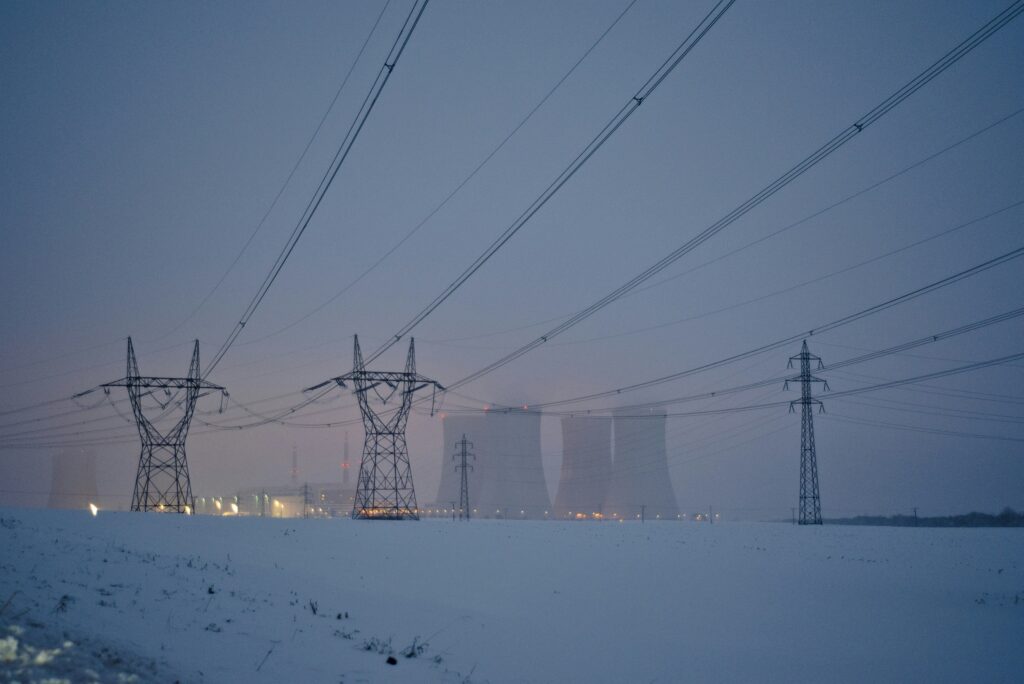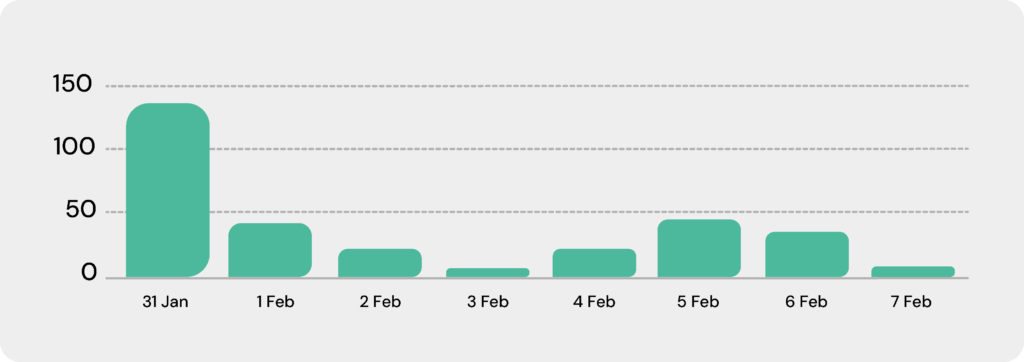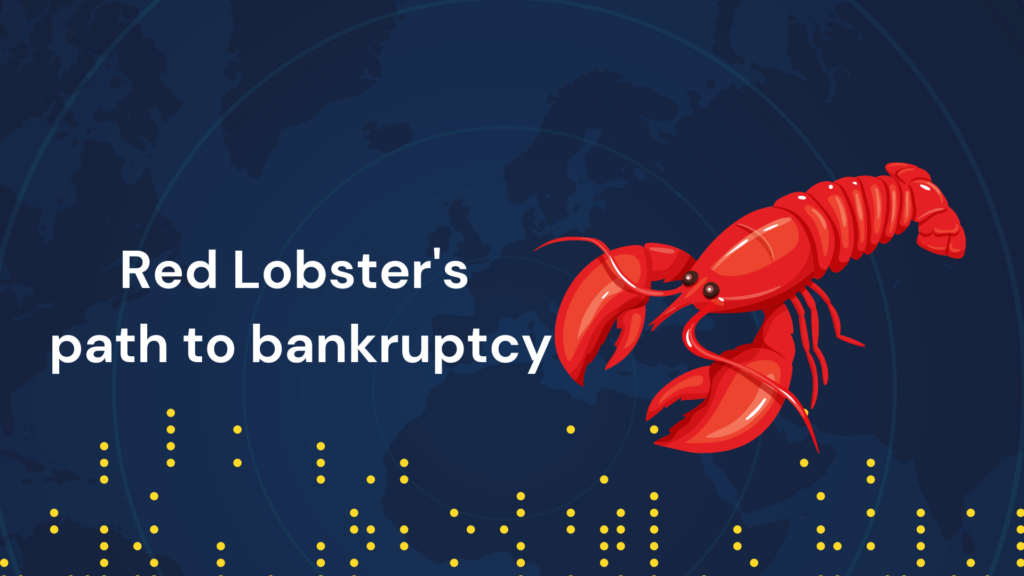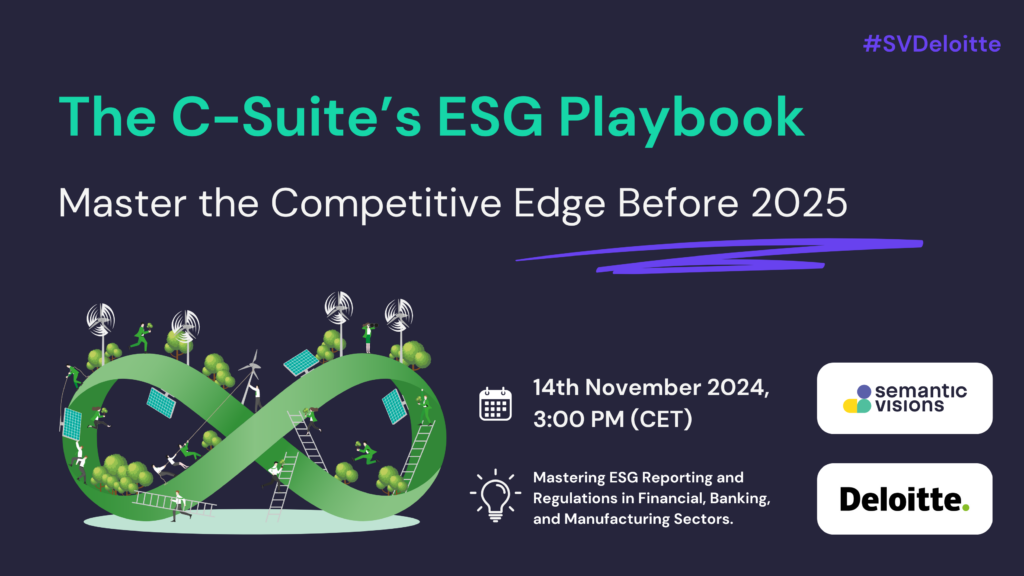5 min read
“More on the core”: Media reporting on the Czech nuclear expansion in 6 languages

On Jan 31, 2024, the government of the Czech Republic announced an updated and revised scope to its NPP tender in Dukovany in line with its Nuclear Expansion Strategy and asked bidders to submit their revised proposals for the construction of a new nuclear power plant in Dukovany tender, by April 15, 2024.
SV took this opportunity to analyze the resultant global media reaction across 6 languages and the following presents an overview of the key areas covered.
For insight and a brief round-up of the Czech nuclear expansion strategy please visit this link to our previous article on the subject↗

Reporting on the subject commenced on Jan 31 2024, with most global news sources focusing on the surprising elimination from the bidding process of the US-based Westinghouse Corporation as well as the investor’s amendment to the expansion plan aimed at building up to 4 units, citing a revised energy policy and potential cost savings.
English language media coverage (41 articles) focused on the decision to invite bids from only two companies, thus eliminating the US bidder as it “did not meet the necessary conditions”. Another reported reason for the elimination of Westinghouse was the uncertainty as to the establishment of “the subject responsible for the quality of the construction.”
Russian language media coverage (7 articles) reported on the unplanned shutdown of the second unit in Temelin NPP and also analyzed, in great detail, the amended conditions of the tender and presented the position of the various stakeholders.
It also extensively recounted the IAEA ARTEMIS’ visit to the Czech Republic, concluding that the mission had established a strong foundation for the safe and responsible management of radioactive waste and spent fuel.
German language media coverage (59 articles in total of which 13 are from Austrian sources) focused on the unscheduled shutdown in Temelin NPP. The plant operator CEZ came under criticism from Austrian politicians for the delay in announcing the shutdown event.
Other reporting by German language media concentrated on the heavy criticism from Austrian politicians concerning the amended plans to build more units than originally planned: they called it “a massive security risk for all of us” and “an attack on Austrian-Czech relations.”
The reporting further stressed the close proximity of the NPPs to the Austrian border and pointed to the project’s unclear financing approach, quoting the Czech Finance Minister Stanjura, who referred to it as a “highly risky project” in terms of financing.
The Austrian press also cited the former head of CEZ, who took a critical view of the government’s decision.
The German press focused on the future of the Czech energy sector in the context of the European energy transition, singling out “the German way, which has led Germany to being isolated from the rest of Europe due to its total reliance on renewables.
Moreover, reports noted that the overall construction costs related to the four units are expected to be around two trillion Czech Crowns (80.3 billion euros).
French language media coverage (6 articles) focused on the role EDF can play in the tender. They listed the expected future actions, including: Binding Bid Submittal by April 15 and the evaluation of bids with the resultant determination of the preferred negotiating partner in June.
The French press also reported on Westinghouse winning a Polish tender (worth around $20 billion) in 2022, beating out EDF and KHNP to the lucrative project. According to the French press, the price of a reactor in the Czech tender could reach 6.5 billion euros.
Korean language media coverage (29 articles), focused on the role of KHNP in securing its first European project and the CEO’s visit to the Czech Republic earlier this year. Reports also highlighted the most recent visit by the Korean delegation to Konin, Poland, where a Korean-built NPP should start operating by 2035.
The Korean press, referring to the now amended tender as a “two-way battle”, highlighted the strengths of the Korean bid based on KHNP’s commercial competitiveness, construction timeline and operational capabilities. The legal dispute between KHNP and Westinghouse, which was a concern for KHNP and was thought to be a potential hurdle for the Korean Bid, is addressed by quoting a Czech government official that “the bidder’s rights and ownership of the proposed technology are confirmed.”
Local media coverage has understandably produced the highest amount of coverage, 189 articles, with topics ranging from the exclusion of Westinghouse to domestic political issues, conditioning potentially the biggest investment in the country’s history (1,75 tn CZK/ 70 bn EUR). In an interview with the Czech press, the US Ambassador expressed his deep disappointment at the Czech government’s decision to exclude Westinghouse.
The local media also covered the discourse across political parties and various media outlets, bringing to light the many questions that have been associated with the project, such as the issue of the future ownership structure of CEZ and its position as a leader in the Prague stock exchange (PSE).
Other Czech news outlets focused on the rather nebulous financing, including the uncertainty on the total expected budget of the NPP project, which has yet to be determined. Although the Finance ministry stipulated the financing framework, there are far too many variables to be considered when calculating the total investment costs to the state budget.
Additional critical reporting indicated that the tender, in its present form, is legally compromised (“not in compliance with the Czech law”, according to the ex-CEO of CEZ), unclear and already delayed. In addition, the same source is convinced that the tender is prone to potential international litigation and arbitration, and subject to contestation by Austria or other bidders. Some stories mentioned experts advocating for SMR development instead, stressing their many advantages, among them the lower cost and passive security.
More positive reporting focused on training and recruitment of new NPP staff (one in five CEZ recruited staff is in the nuclear sector), and the NPPs community engagement in their local municipalities.
| Coverage for JAN 31- 7 FEB/ Lang | Count |
| English | 41 |
| Russian | 7 |
| German | 59 |
| French | 6 |
| Korean | 28 |
| Czech | 189 |





